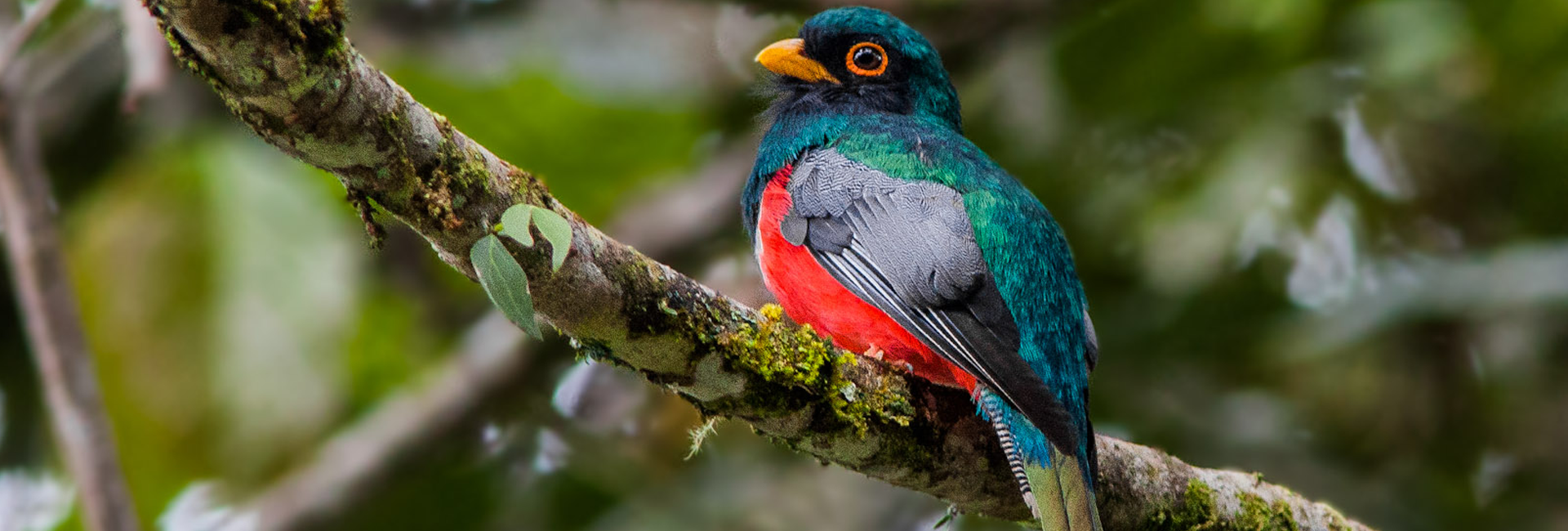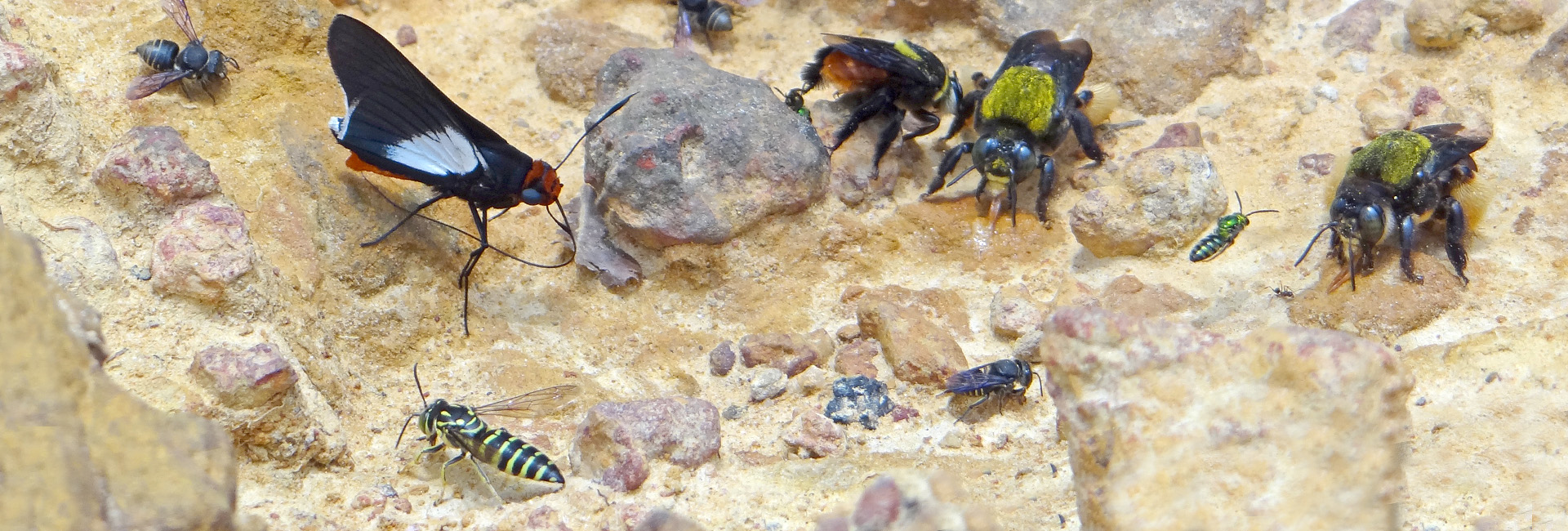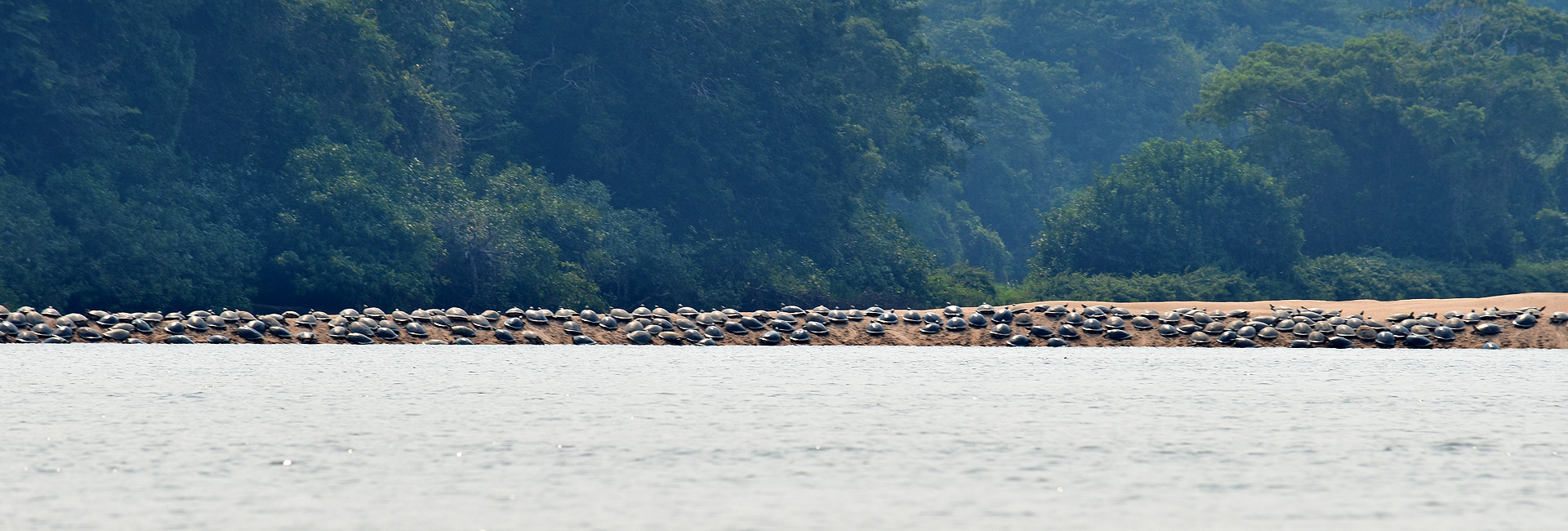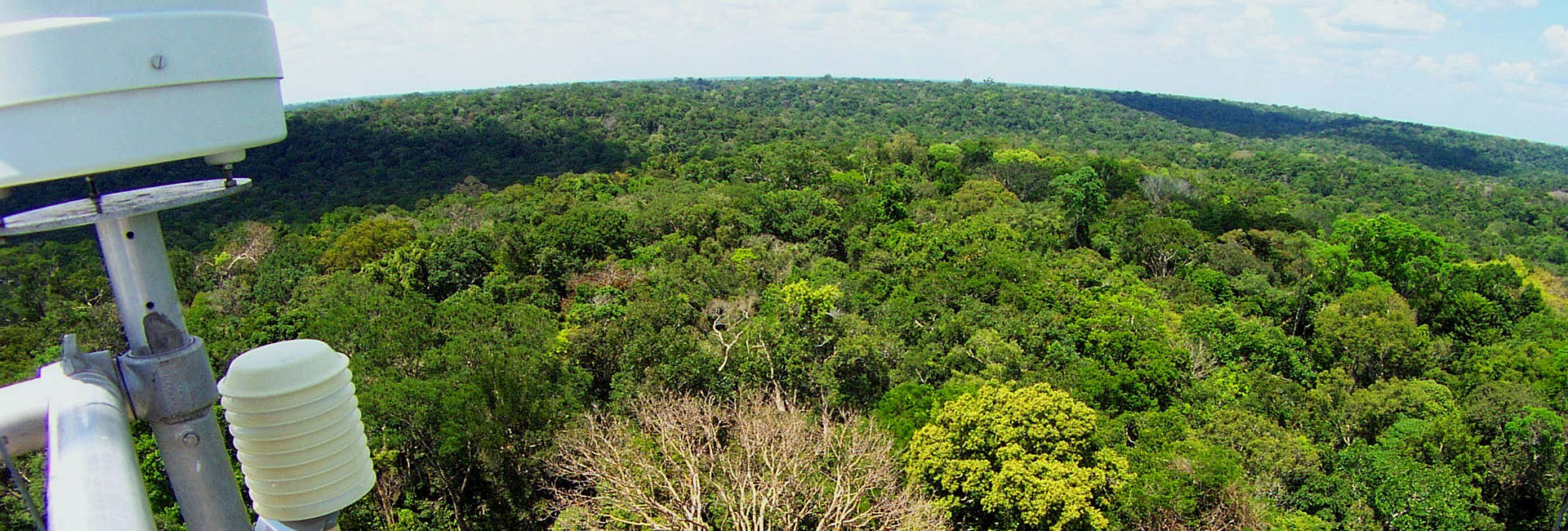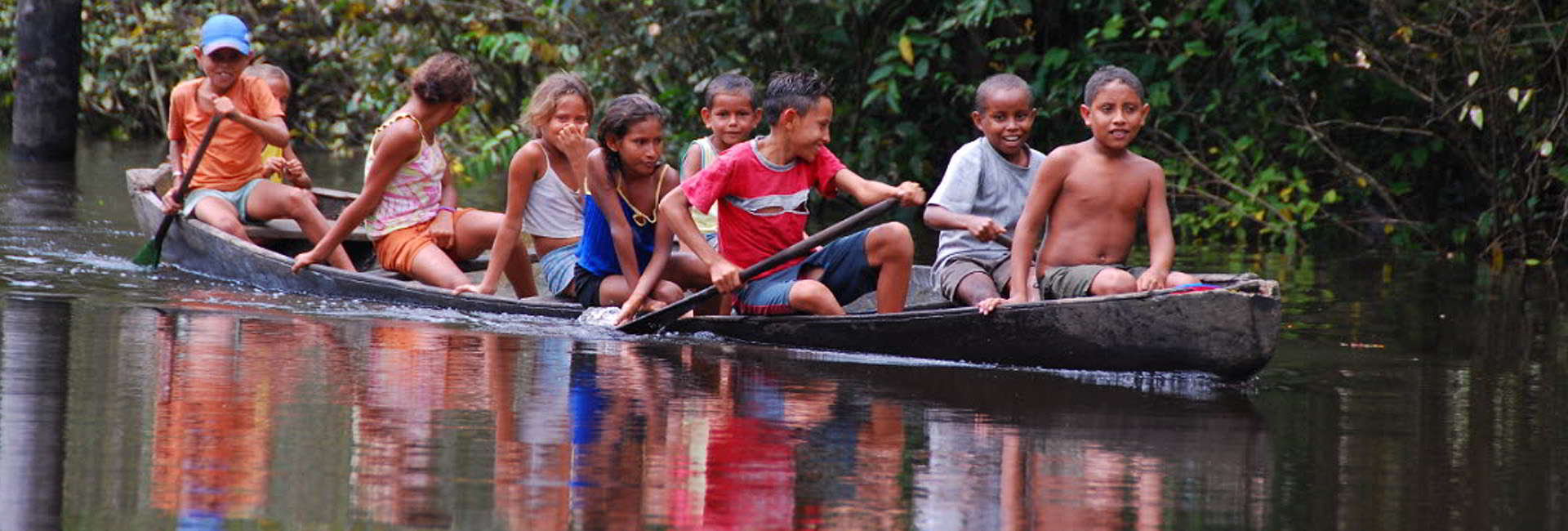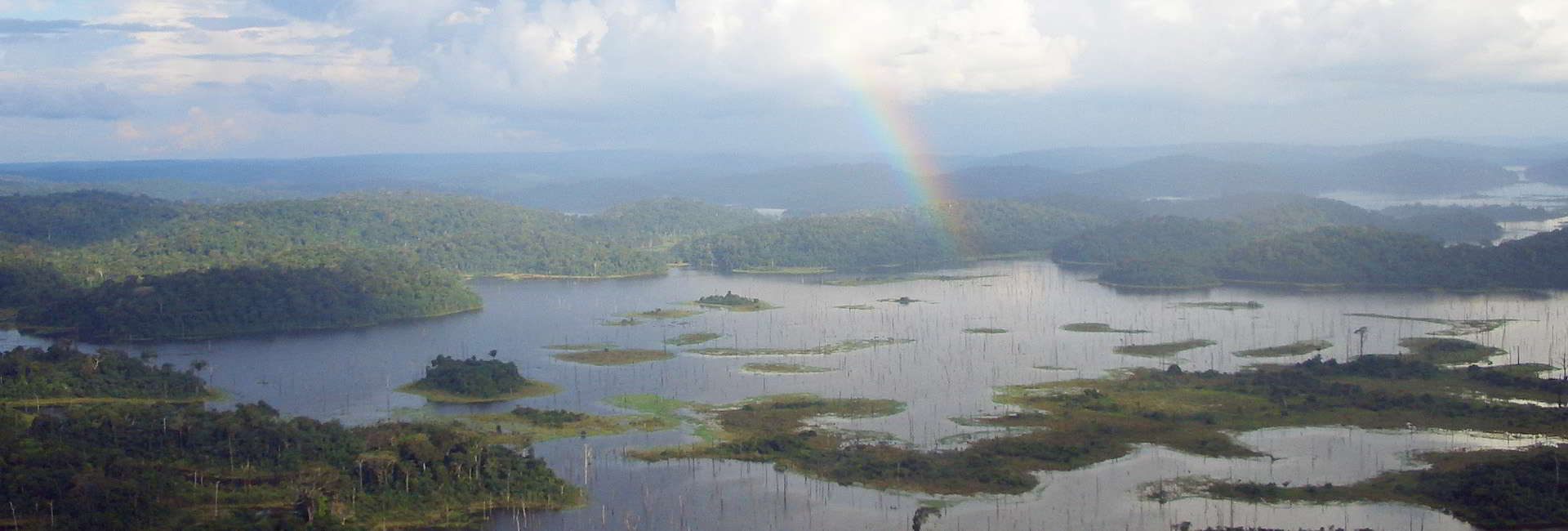INPA Ecology Program members among world’s most influential researchers

Translated and adapted from ASCOM/INPA
Philip Fearnside and William Magnusson are among the 100 thousand (2%) most influential researchers worldwide, according to a ranking based on standardized metrics drawn from the Scopus database, the largest repository of abstracts and literature citations for peer-reviewed publications. The survey considered overall citations for lifetime scientific production and citations in one year (2019). The study was carried out by researchers from Stanford University (US), lead by John Ioannidis, and appeared recently in PloS Biology.
The lifetime-citations list contains 253 researchers from Brazilian institutions, among whom Philip Fearnside is the 4th most influential. Both Fearnside and Magnusson are among the most senior members of INPA’s Ecology Program. They started their careers in Amazonia in the 1970s and amassed a vast body of knowledge on environmental services and biodiversity of the Amazon forest, respectively. Both are 1A research fellows of the National Council for Scientific and Technological Development (CNPq) and are members of the Brazilian Academy of Science.
Albertina Lima, also a member of the Ecology Program, joins Fearnside and Magnusson in an expanded list of 160 thousand most influential researchers.
In addition to the ranking based on career-long citations (Table-S6-career-2019), the study presents an impact ranking of citations in a single year (2019) (Table-S7-singleyr-2019). The tables are available here. Researchers were classified into 22 research areas and 176 subareas, and belong to the 2% most productive in their fields in all cases.
Apart from Fearnside, Magnusson and Lima, the 2019 productivity ranking includes two further members of the Ecology Program, Jochen Schöngart and Fernanda Werneck.
These kinds of rankings are important to evaluate the relative impact of research results in the scientific community, but the social relevance of research and its influence on public policies are equally important.
Philip Fearnside is an international reference for environmental services and carrying capacity of Amazon forests. He produces essential information for the evaluation of climatic changes in South America at all government levels and international collaborative organisms, such as the IPCC.
In addition to his significant contribution to the knowledge on ecological relations in Amazonian ecosystems, William Magnusson is the creator of the RAPELD system for standardized sampling, which enables spatially integrated samplings that are comparable at different geographic scales. RAPELD protocols have been adopted for environmental evaluations by the Brazilian agency of environmental conservation (IBAMA).
Jochen Schöngart is part of a research group that is an international reference for ecology and management of Amazonian floodplain ecosystems, particularly concerning the effect of climate change and direct anthropogenic disturbances. His work included the definition of management criteria for timber resources and the development of a predictive model for river flooding levels in the central Amazon.
Albertina Lima and Fernanda Werneck are references in the study of biogeography and evolution of Amazonian amphibians and reptiles. Albertina is a 1A research fellow of CNPq. Fernanda was awarded the Internacional Rising Talents Prize of L'Oréal-UNESCO for Women in Science in 2017 and is a junior member of the northern chapter of the Brazilian Academy of Sciences. Both are great role models for young Brazilian women pursuing a career in science.
The images show, from left to right, Philip Fearnside, William Magnusson, Albertina Lima, Jochen Schöngart and Fernanda Werneck.



